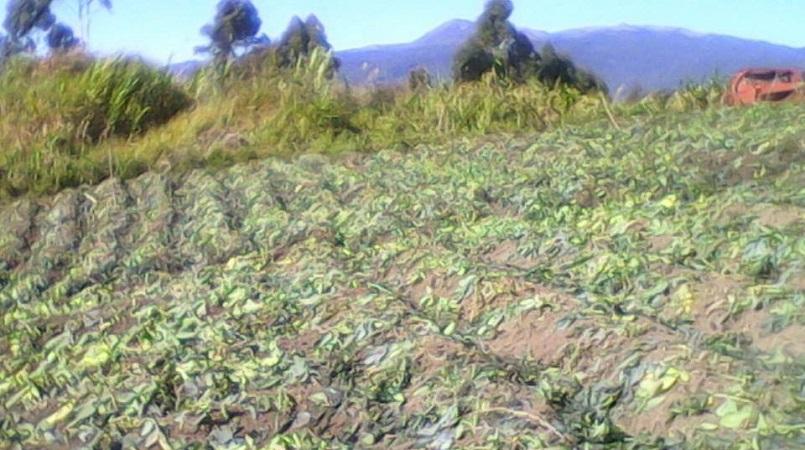
Papua New Guinea National Weather Service (NWS) is working with other government bodies to address climate change and its impacts on the economy.
They’re working closely to discuss the potential risks through the different economic sectors including agriculture, fisheries and infrastructure and look at a way forward in terms of planning and risks management.
NSW is working with the University of PNG and Department of National Planning and Monitoring with the Office of Climate Change to come on board soon.
This is part of a Global Framework Climate Services (GFCS) in which PNG has been made a focus country to implement the framework.
The World Climate Conference-3 (Geneva, 2009) decided to establish the GFCS to guide the development and application of science-based climate information and services in support of decision-making.
The GFCS provides a worldwide mechanism for coordinated actions to enhance the quality, quantity and application of climate services.
It has four initial priority sectors: agriculture and food security, water, health and disaster risk reduction.
GFCS aims to enable society to better manage the risks and opportunities arising from climate change, especially for those who are most vulnerable to such risks.
National Weather Service (NWS) director Samuel Maiha says the ongoing change of the climate and weather needs to be monitored closely to avoid the economy being greatly affected.
Maiha says every economy will be affected by weather and climate so the planning department must make sure that risks of mainly extreme weather events are included in the planning process.
“In terms of risk management and forward planning, the government is beginning to really look at how to incorporate these solutions.
“We are hoping that as a focus country, we can come up with the best practices that can be implemented elsewhere in the world.
“Hopefully we would come up with some new initiatives to improve planning by the governments and other sectors as this is a new area of economic forward planning,” Maiha said.
